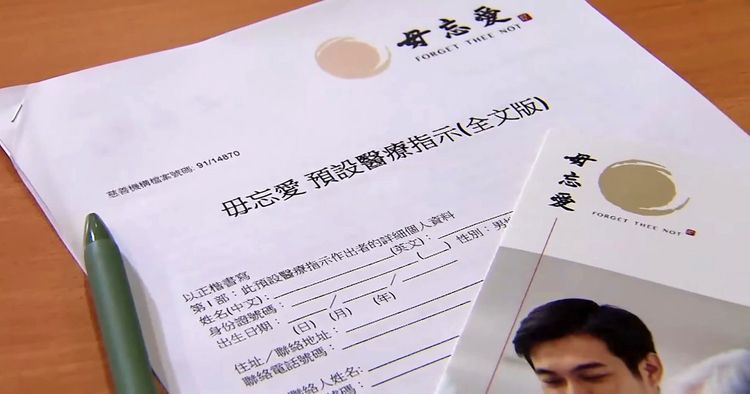Dying in Place
In collaboration with the non-profit organization "Forget Thee Not", we provide on-site end-of-life services to support clients in passing peacefully at home or residential care home.

First Home Visit
$1900
- Doctor home visit (30-60 mins)
- Health assessment
- Advice on medications
- Advice on palliative care
Pre-consultation
eHealth checking (Waiver after first home visit)
$500
Add-on Items
Medications & lab tests
per item
Medication delivery
+$100-200
Remote area surcharge
+$450
Follow-up Visit
$1500
- Doctor home visit (15-30 mins)
- Follow-up on health conditions
- Follow-up on medication
- Advice on palliative care
Tele Consultation
Doctor tele consultation (10-20 mins)
$500
Add-on Items
Medications & lab tests
per item
Medication delivery
+$100-200
Remote area surcharge
+$450
Certification
*Upon the intake of dying at home service, a deposit of $5,000 is required for the certification.
$11500*
- Doctor visit to confirm client's death
- Issue the Medical Certificate of the Cause of Death [Form 18]
- Issue the Medical Certificate (Cremation) [Form 2]
- Sign other relevant documents
Add-on Items
Remote area surcharge
+$450

Steps for Intake
- Nurse contacts the client and family
- Conduct an initial assessment of the client’s condition, home environment and care needs
- Enable eHealth & authorise healthcare providers to review the medical records
- Arrange the doctor’s first home visit
- Sign the Dying at Home Agreement with the family
- Establish a WhatsApp group for communication
- Pay $5000 as a deposit for the certification.
For more about the arrangements for dying at home, feel free to contact Forget Thee Not for details.

Keys to A Successful Service
- The client has a clear wish to die at home
- Multiple dedicated carers with the ability to provide care
- A suitable living environment with necessary facilities
- Support from an experienced health care team
- Close communication between carers and the support team
- Proper symptom management & advice for hospital admission if needed
- When client is in the moribund, the family needs to notify us so that we can arrange doctor visit early

Physical & Psychosocial Readiness for Carers
- Ability to assist with tele consultations
- Multiple carers to share responsibilities
- Awareness of caregiving stress and coping
- Willingness to manage client's incontinence and pain
- Physical ability to assist the client with turning and lifting
- Understanding of the possible symptoms and states of a person at the very end
